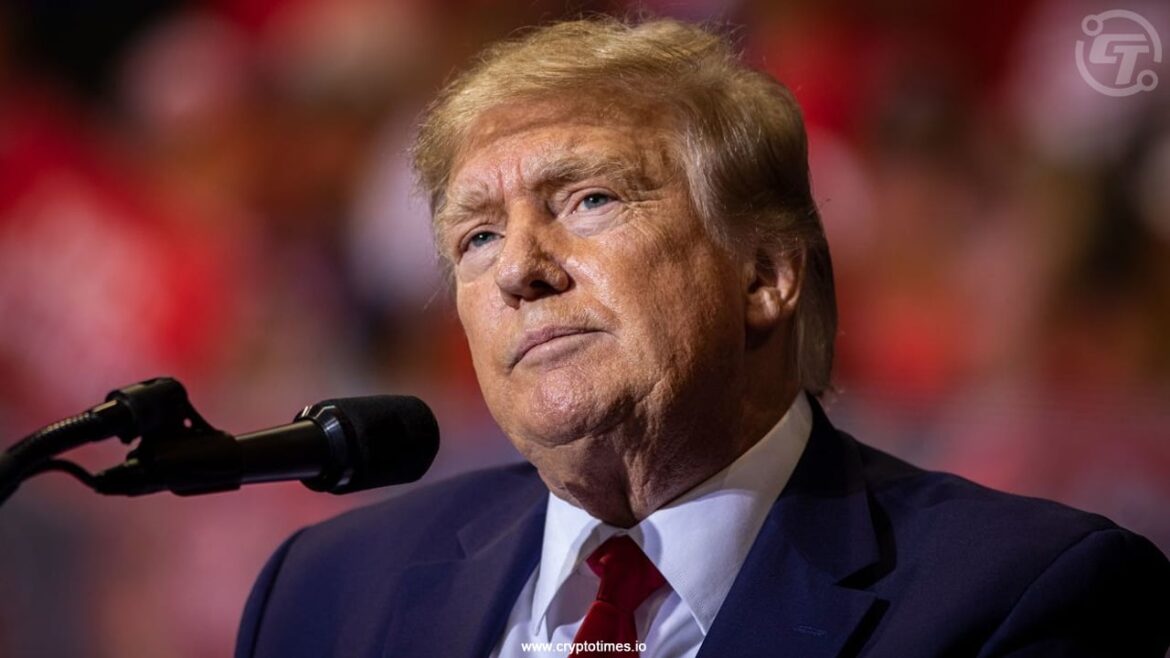Crypto developer Bruno Skvorc has publicly accused World Liberty Financial (WLFI), a digital asset project with links to Donald Trump, of theft after the project froze his tokens. The accusation, made on September 6, follows a similar complaint from Tron founder Justin Sun, whose WLFI tokens were also frozen, escalating a debate over centralized control and automated compliance tools in the crypto industry.
In a series of posts on the social media platform X, Skvorc, a developer for Polygon and founder of RMRK, detailed his experience, stating bluntly, “TLDR is, they stole my money.” He is reportedly one of six investors who faced a 100% token lockup from the project’s launch. Skvorc also expressed frustration over his inability to seek recourse, writing, “And because it’s the @POTUS family, I can’t do anything about it. This is the new age mafia.”
WLFI’s compliance team justified the action in an email, which Skvorc shared publicly. The project’s rationale was that Skvorc’s wallet was flagged as “high risk” due to its career on the sector: the participation on Tornado Cash and indirect links to sanctioned entities. Skvorc criticized this reasoning, noting, “It was not ‘high risk’ to accept money from this address, but it is high risk to unlock owed money into it.”
The incident with Skvorc came just one day after Justin Sun reported that his own WLFI tokens had been frozen following a $9 million transaction. Sun described the freeze as “unreasonable” and argued the decision “went against the core values of blockchain.” The situation prompted on-chain analyst ZachXBT to criticize the reliability of such compliance systems, stating, “These tools are deeply flawed.”
The Broader Impact
The back-to-back freezes by WLFI highlight a growing friction point within the digital asset space concerning automated compliance protocols. The actions led to critics such as : ‘tool overly aggressive’, flagging wallets for indirect associations that may be several transactions removed from any illicit activity. It brings up important issues about due process and the way project teams control user assets from one place.
This dispute underscores the fundamental tension between the DeFi’s ethos and regulatory pres. If a project can freeze user funds on its own based on algorithmic risk assessments, it raises important questions about who owns assets and how to fight censorship. The case is a very important reminder of how it urges to find a connection between security measures and the basic ideas behind blockchain technology.
Also Read: Justin Sun vs. WLFI: D in DeFi for Decentralization or Dictatorship?

